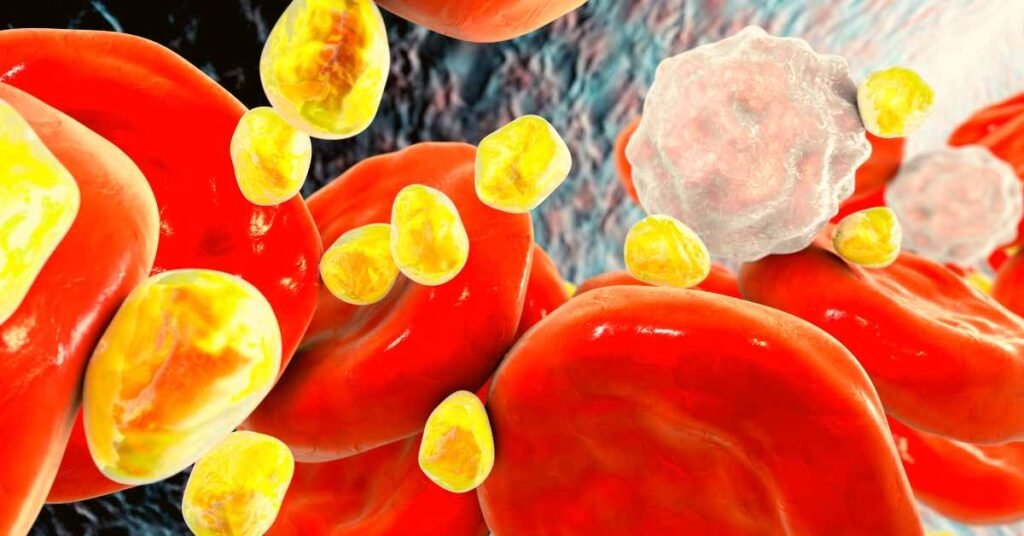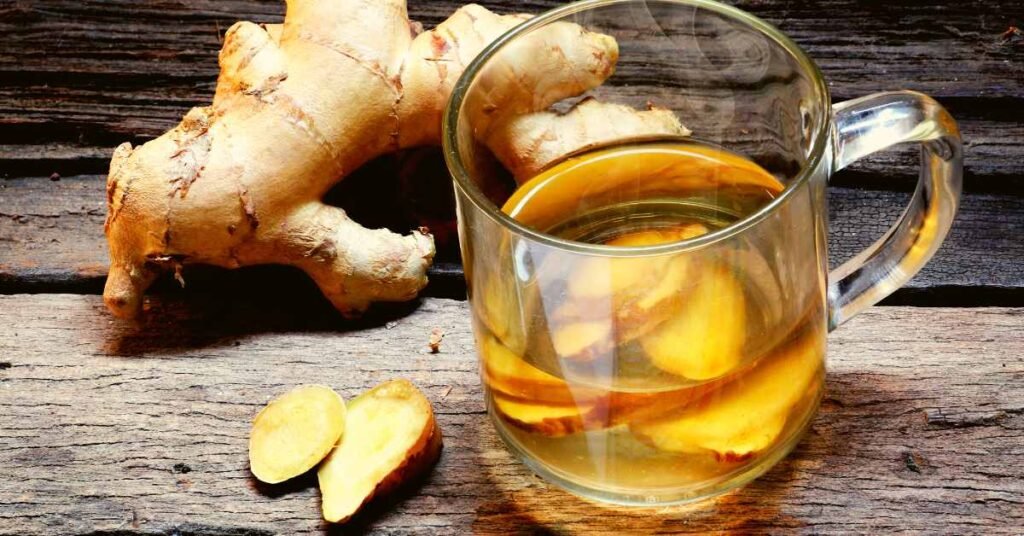In the pursuit of optimal health, maintaining healthy cholesterol levels is paramount, especially when it comes to managing low-density lipoprotein (LDL) cholesterol, commonly known as “bad” cholesterol.
While pharmaceutical interventions exist, an increasing number of individuals are turning to natural remedies, with herbal teas emerging as a popular and effective choice.
In this article, we explore how herbal teas can be used to lower bad cholesterol levels and delve into the science behind their efficacy.
Understanding Cholesterol

Before delving into herbal remedies, it’s essential to grasp the basics of cholesterol and its impact on health.
Cholesterol is a fatty substance crucial for various bodily functions, but an excess of LDL cholesterol can lead to the formation of plaque in the arteries, increasing the risk of heart disease and stroke.
Herbal teas, with their unique properties, offer a holistic and natural approach to cholesterol management.
Herbal Teas for Lowering Bad Cholesterol
Green Tea:
Green tea is celebrated for its rich antioxidant content, particularly catechins, which have been linked to lower LDL cholesterol levels.
The polyphenols in green tea help inhibit the absorption of cholesterol in the digestive tract and promote its excretion.
Hibiscus Tea:
Hibiscus tea, derived from the vibrant hibiscus flower, has demonstrated cholesterol-lowering effects in various studies. It is believed to reduce LDL cholesterol and triglyceride levels while maintaining or boosting high-density lipoprotein (HDL) cholesterol, the “good” cholesterol.
Ginger Tea:

Ginger has anti-inflammatory properties and may contribute to lowering cholesterol levels. Some studies suggest that ginger can reduce LDL cholesterol levels, making it a valuable addition to a heart-healthy tea regimen.
Turmeric Tea:
The active compound in turmeric, curcumin, has potent anti-inflammatory and antioxidant properties. Research indicates that curcumin may help lower LDL cholesterol levels, offering a natural and flavorful way to support heart health.
Dandelion Root Tea:
Dandelion root tea has been traditionally used to support liver health, and a healthy liver is crucial for cholesterol metabolism. By promoting liver function, dandelion root tea may indirectly contribute to maintaining optimal cholesterol levels.
How do Herbal Teas Work?
The mechanisms through which herbal teas lower bad cholesterol are diverse and often involve a combination of factors:
Antioxidant Properties: Many herbal teas are rich in antioxidants that combat oxidative stress, preventing damage to blood vessels and reducing inflammation, both of which are linked to cholesterol imbalances.
Inhibition of Cholesterol Absorption: Some herbal teas, like green tea, hinder the absorption of cholesterol in the digestive tract, limiting the amount that enters the bloodstream.
Anti-Inflammatory Effects: Chronic inflammation is closely associated with heart disease. Herbal teas with anti-inflammatory properties, such as ginger and turmeric, may help mitigate this risk.
Liver Support: The liver plays a central role in cholesterol metabolism. Herbal teas like dandelion root tea support liver function, aiding in the efficient breakdown and elimination of cholesterol.
Incorporating Herbal Teas into Your Routine

To harness the cholesterol-lowering benefits of herbal teas, consider the following tips:
Consistency is Key: Regular consumption of herbal teas is crucial for experiencing their long-term benefits. Aim for at least one to three cups per day, depending on the type of tea.
Mindful Lifestyle Choices: Herbal teas work best when complemented by a heart-healthy lifestyle. Maintain a balanced diet, engage in regular physical activity, and avoid excessive consumption of saturated and trans fats.
Monitor Progress: Keep track of your cholesterol levels through regular check-ups. Consult with a healthcare professional to ensure that herbal teas align with your overall health goals and do not interfere with any existing medications.
Final Word
Herbal teas offer a natural and flavorful way to support the management of bad cholesterol levels.
While they should not replace medical advice or prescribed medications, incorporating these teas into a holistic approach to heart health may contribute to overall well-being.
Embrace the healing power of nature and sip your way to a healthier heart with the comforting warmth of herbal teas.
MEDICAL DISCLAIMER
Itsnevernotteatime.com cannot and does not contain medical/health advice. The medical/health information is provided for general and educational purposes only and is not a substitute for professional advice.




